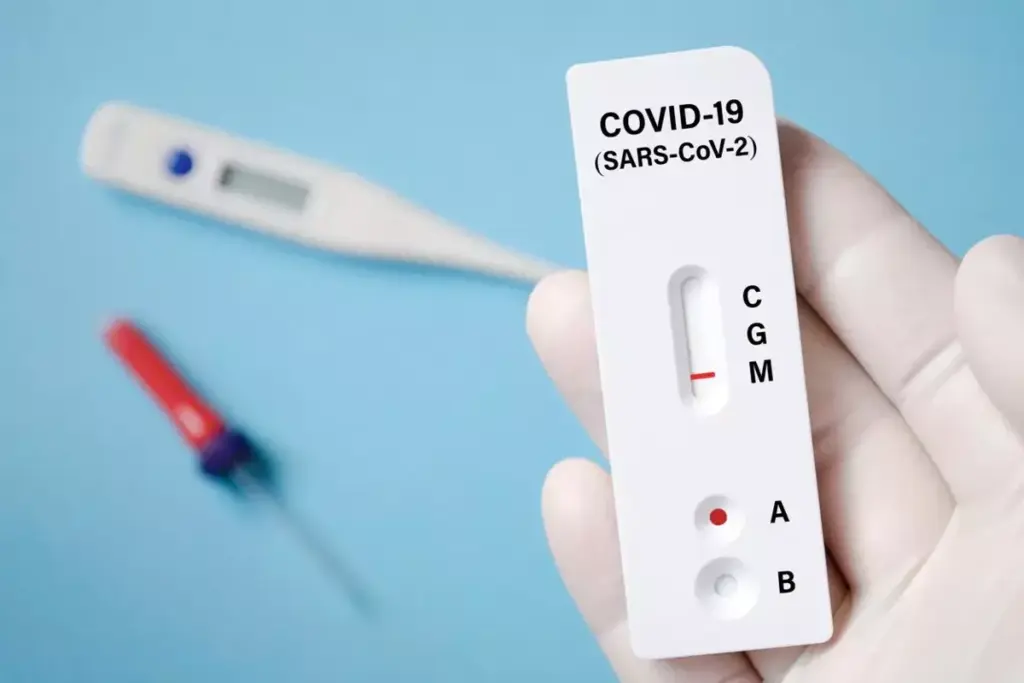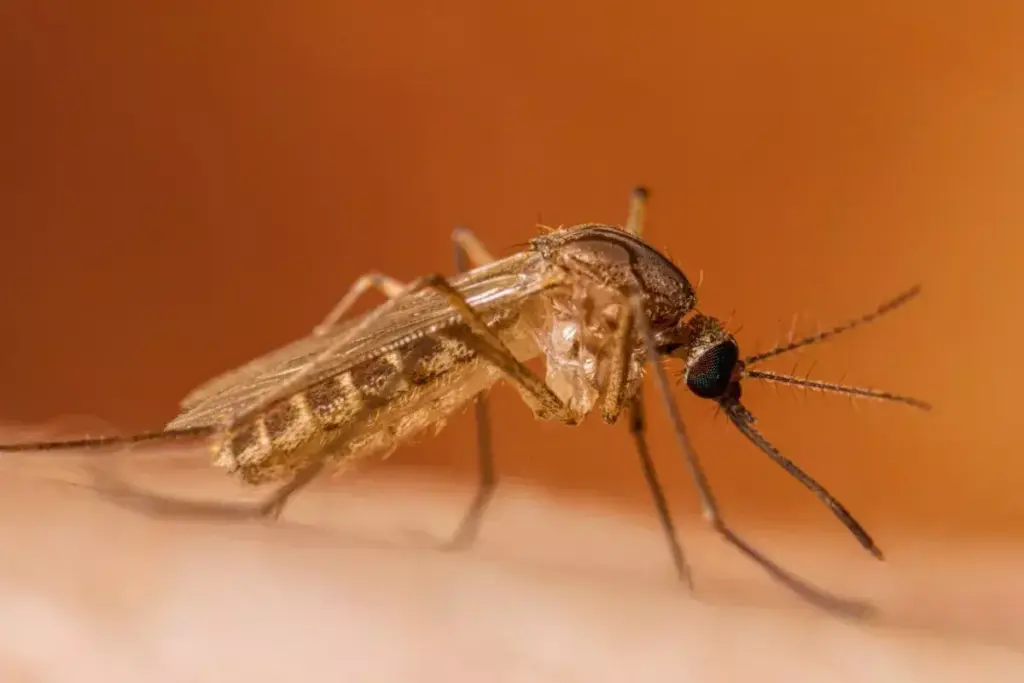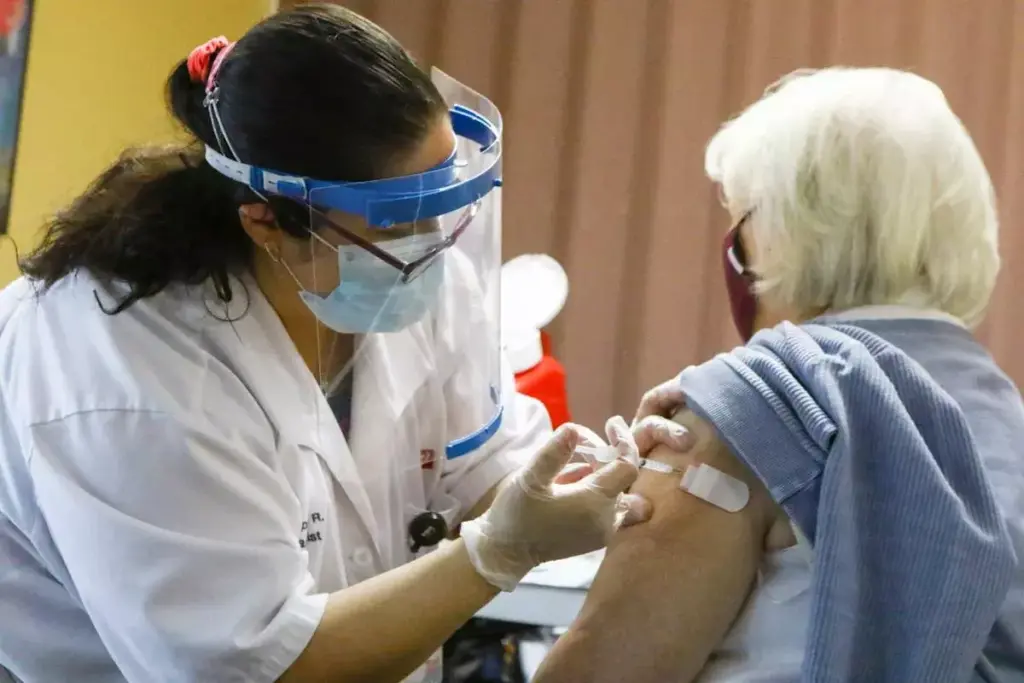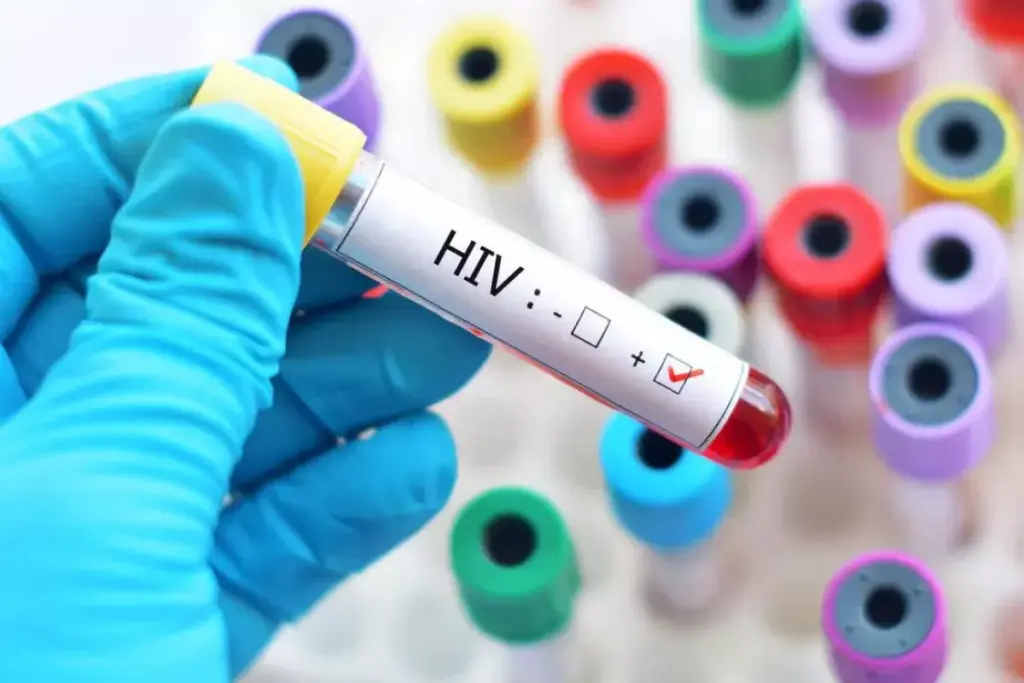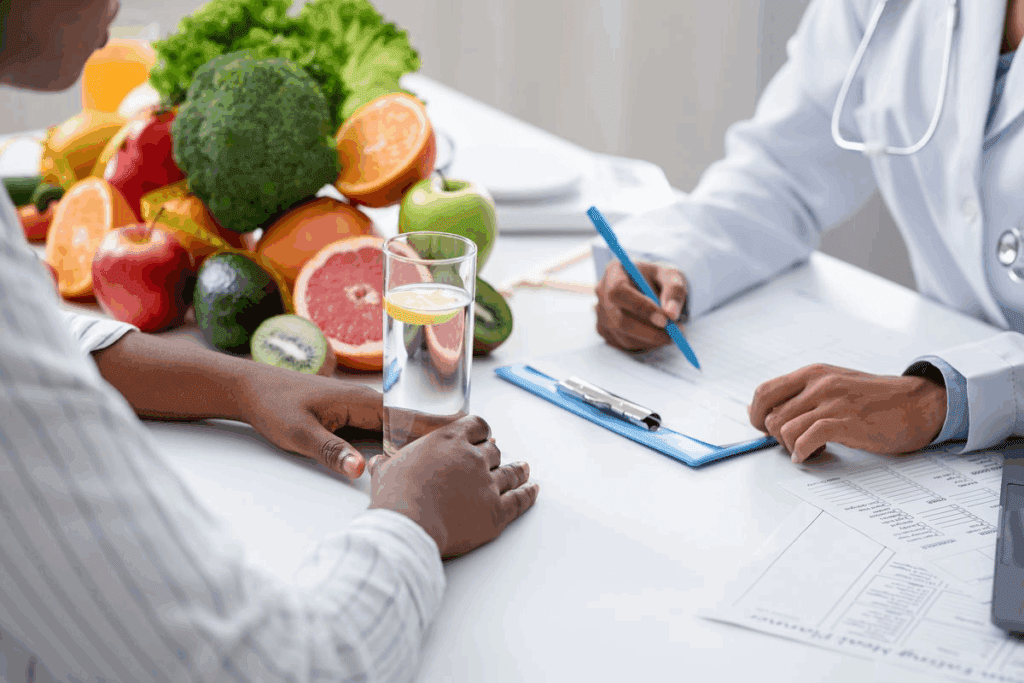
Keeping your healthy gallbladder is key for good digestion. The gallbladder holds bile, a liver-made fluid that breaks down fats. Eating right and living well help your gallbladder work better and avoid digestive problems.
Eating less saturated fat and more fiber, lean proteins, and healthy fats is good for your gallbladder. It lowers the chance of gallstones. At Liv Hospital, we focus on quality care for our patients. We’ll look at seven easy ways to boost gallbladder health, through food and lifestyle changes.
Key Takeaways
- A balanced diet supports optimal gallbladder function.
- Lifestyle choices play a significant role in maintaining a healthy gallbladder.
- Dietary changes can help prevent common gallbladder issues.
- A healthy gallbladder is essential for proper digestion.
- Simple lifestyle modifications can improve overall gallbladder health.
The Vital Role of Your Gallbladder in Digestive Health
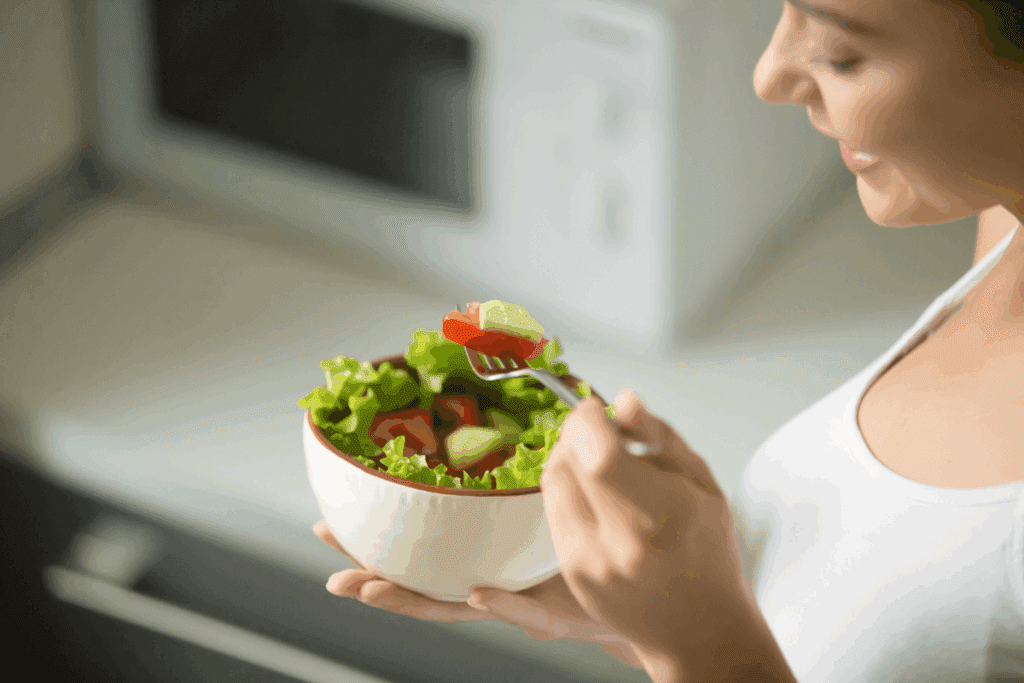
The gallbladder is key to our digestive system. It stores bile, a liver-made fluid that helps digest fats and absorb nutrients.
It plays a big part in keeping us healthy. Let’s dive into how it works and why it matters.
How Your Gallbladder Supports Fat Digestion and Nutrient Absorption
The gallbladder holds and focuses bile. It releases it into the small intestine when we eat fatty foods. This helps break down fats into smaller bits for easier digestion.
Bile’s role in fat digestion is vital:
- It makes fats easier to digest
- It helps absorb fat-soluble vitamins like A, D, E, and K
- It aids in getting rid of waste
Common Gallbladder Problems and Their Warning Signs
Gallbladder issues can show up in different ways. Common problems include gallstones, cholecystitis, and biliary colic.
| Condition | Description | Warning Signs |
| Gallstones | Hardened deposits in the gallbladder | Severe abdominal pain, nausea, vomiting |
| Cholecystitis | Inflammation of the gallbladder | Pain in the upper right abdomen, fever, jaundice |
| Biliary Colic | Pain caused by gallstones | Intermittent pain after eating fatty foods |
Risk Factors for Gallbladder Disease
Some factors raise the risk of gallbladder disease. Knowing these can help prevent and catch problems early.
Key risk factors include:
- Obesity
- Diet high in saturated fats and cholesterol
- Family history of gallstones
- Certain medical conditions, such as diabetes
Understanding the gallbladder’s role and the risks can help us take care of it. This way, we can support our gallbladder health.
Adopt a Low-Fat, High-Fiber Diet for Better Bile Flow
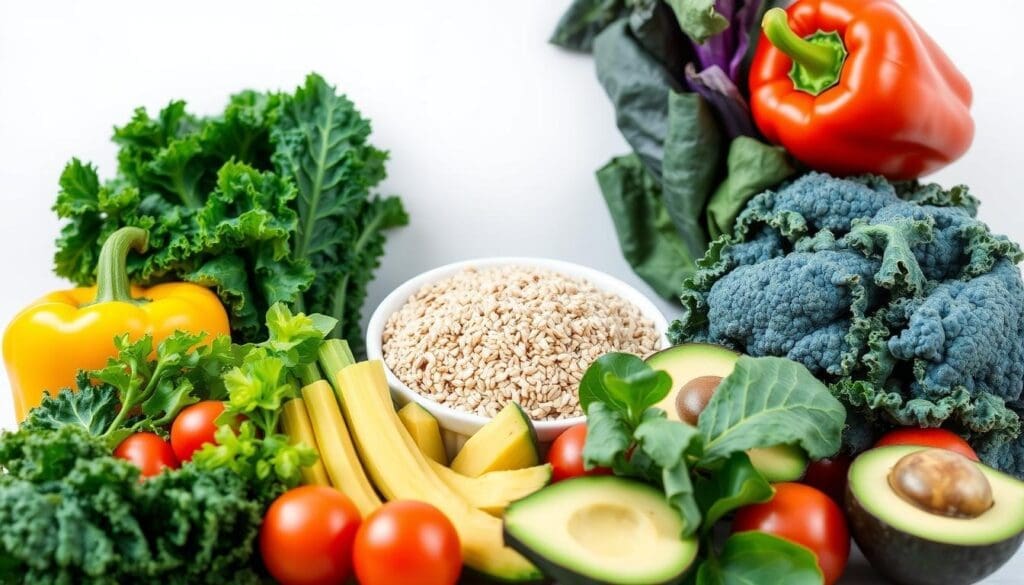
Eating a diet rich in fiber and low in fat can boost bile flow and gallbladder health. Making smart food choices helps keep your gallbladder working well and lowers the chance of problems.
Understanding How Dietary Fat Affects Bile Production
Dietary fat is key in making bile. When we eat a lot of fat, our gallbladder works harder to release bile. But too much fat can strain the gallbladder, leading to issues. Lowering fat intake can ease this strain and improve bile flow.
It’s not just the amount of fat that matters, but also the type. Some fats are good, while others can harm the gallbladder. For example, saturated and trans fats can slow digestion and hurt gallbladder function. But fats in avocados and nuts can help with digestion.
Best Types of Fiber for Preventing Gallstones
Eating a lot of fiber is key to avoiding gallstones and keeping the gallbladder healthy. Fiber helps control cholesterol in bile, reducing gallstone risk. Soluble fiber, in particular, binds to bile acids and lowers cholesterol.
- Fruits like apples, berries, and pears are full of soluble fiber.
- Vegetables such as broccoli, carrots, and Brussels sprouts are also fiber-rich.
- Whole grains, including brown rice, quinoa, and whole-wheat bread, are great fiber sources.
- Legumes, like beans, lentils, and chickpeas, are not only high in fiber but also in protein and nutrients.
Sample Meal Plan for a Gallbladder-Friendly Diet
To follow a gallbladder-friendly diet, include low-fat, high-fiber foods in your meals. Here’s a meal plan to help you get started:
- Breakfast: Oatmeal with sliced banana and a sprinkle of cinnamon.
- Lunch: Grilled chicken salad with mixed greens, cherry tomatoes, and a light vinaigrette dressing.
- Snack: Carrot sticks with hummus.
- Dinner: Baked salmon with roasted vegetables and quinoa.
Sticking to a low-fat, high-fiber diet can greatly improve gallbladder health and overall well-being. Drinking plenty of water and living a balanced lifestyle also supports digestive health.
Stay Properly Hydrated to Support Gallbladder Function
Drinking enough water is key for a healthy gallbladder. It helps the gallbladder work right, lowering the chance of gallstones and other issues.
How Water Intake Affects Bile Consistency
Water is vital for bile’s consistency. Bile is made by the liver and stored in the gallbladder. If we don’t drink enough, bile gets too thick, raising gallstone risk. Drinking water keeps bile thin, preventing stones.
Diluted bile is better for digestion. It helps break down fats. Good hydration lets bile flow well, aiding digestion.
Recommended Daily Fluid Intake for Optimal Gallbladder Health
How much water we need varies. It depends on age, sex, weight, and how active we are. Aim for 8-10 cups (64-80 ounces) daily for a healthy gallbladder.
It’s not just water. Herbal teas and low-sugar juices count too. But, avoid sugary or caffeinated drinks that harm the gallbladder.
Creative Ways to Increase Your Water Consumption
Boosting water intake can be fun. Here are some ideas:
- Infuse your water with lemon, lime, or cucumber for taste.
- Drink water as soon as you wake up to rehydrate.
- Carry a refillable water bottle all day.
- Use phone reminders to drink water regularly.
- Try sparkling water if plain water is boring.
By adding these habits, we can drink enough water for our gallbladder. Staying hydrated is a simple way to keep your gallbladder healthy and working well.
Incorporate Gallbladder-Friendly Foods Into Your Daily Meals
Eating the right foods is key to a healthy gallbladder. A diet full of certain nutrients helps your gallbladder work well. Adding specific foods to your meals can keep your gallbladder in top shape.
Leafy Greens and Cruciferous Vegetables for Bile Support
Leafy greens and cruciferous veggies are great for your gallbladder. They boost bile production, which is vital for digesting fats and vitamins.
- Spinach: Rich in antioxidants and fiber, supporting overall digestive health.
- Kale: High in vitamins and minerals that promote bile production.
- Broccoli: Contains compounds that support liver and gallbladder function.
Citrus Fruits and Their Cleansing Properties
Citrus fruits are great for cleaning your body and aiding digestion. They’re full of vitamin C, which is good for bile production.
- Oranges: High in vitamin C and flavonoids that support gallbladder health.
- Lemons: Stimulate digestion and can help prevent gallstone formation.
- Grapefruits: Rich in antioxidants and fiber, supporting overall digestive well-being.
Omega-3 Rich Foods for Reducing Inflammation
Omega-3 fatty acids fight inflammation in the body, including the gallbladder. Eating foods rich in omega-3s can keep your gallbladder healthy.
- Salmon: Rich in omega-3 fatty acids that reduce inflammation.
- Sardines: High in omega-3s and antioxidants that support overall health.
- Flaxseeds: A plant-based source of omega-3s that aid in reducing inflammation.
Adding these foods to your meals can help keep your gallbladder healthy. A balanced diet with these foods can prevent gallbladder problems and support digestion.
Limit Processed Foods and Refined Carbohydrates
Processed foods and refined carbs can harm your gallbladder health. It’s key to eat less of them. The gallbladder helps digest food, and a diet full of processed foods can mess with its work. This can cause health problems.
Negative Impact on Gallbladder Function
Processed foods have unhealthy fats, added sugars, and artificial stuff. These can cause gallbladder pain and raise the chance of gallstones. Eating these foods often can make you feel sick and hurt your gallbladder’s health.
Some bad effects of processed foods on gallbladder health include:
- Unhealthy fats can make the gallbladder work too hard and hurt.
- Added sugars can lead to insulin resistance and gallstones.
- Low fiber can mess up the digestive system.
Relation to Gallstone Formation
Eating too many refined carbs can increase gallstone risk. These carbs raise blood sugar and insulin levels. This can make bile more likely to form stones.
“A diet rich in whole foods, such as fruits, vegetables, and whole grains, can help mitigate the risk of gallstone formation by improving insulin sensitivity and bile composition.”
Dr. Sarah Johnson, Gastroenterologist
Knowing how sugar affects gallstones is important for good diet choices.
| Food Type | Effect on Gallbladder Health | Recommended Alternatives |
| Processed Snacks | High in unhealthy fats and added sugars | Nuts, seeds, and fresh fruits |
| Refined Grains | Can lead to insulin resistance | Whole grains like brown rice, quinoa, and whole wheat |
| Sugary Drinks | Increase risk of gallstone formation | Water, unsweetened tea, and infused water |
Healthy Alternatives to Common Processed Foods
Switching to whole, nutrient-rich foods can boost gallbladder health. Some good swaps include:
- Choosing whole grains over refined ones
- Going for fresh fruits and veggies instead of processed snacks
- Making meals from scratch with lean proteins and healthy fats
By changing your diet, you can help your gallbladder and overall health.
How to Improve Gallbladder Health Through Regular Exercise
Exercise is key to better gallbladder function and digestive health. It helps prevent gallbladder disease and boosts bile flow. This makes for a healthier digestive system.
The Science Behind Exercise and Gallbladder Disease Prevention
Studies show exercise lowers gallbladder disease risk. It improves insulin sensitivity and reduces bile cholesterol. These changes help prevent gallstones and other problems.
Key Mechanisms:
- Improved insulin sensitivity
- Reduced cholesterol levels in bile
- Enhanced gallbladder motility
Most Effective Types of Physical Activity for Bile Flow
Different exercises benefit gallbladder health. Aerobic activities like walking and cycling boost bile flow. Strength training and flexibility exercises also help by improving metabolic health.
| Type of Exercise | Benefits for Gallbladder Health |
| Aerobic Exercise | Improves bile flow, enhances digestive health |
| Strength Training | Improves metabolic health, supports gallbladder function |
| Flexibility Exercises | Enhances overall physical well-being, supports digestive health |
Building a Sustainable Exercise Routine for Long-term Benefits
To enjoy exercise benefits, create a lasting routine. Begin with moderate activities and increase intensity and time. Consistency is vital for lasting gains.
Tips for a Sustainable Routine:
- Start with manageable goals and gradually increase intensity
- Mix different types of exercises to keep the routine interesting
- Schedule exercise into your daily planner
- Find a workout buddy or join a fitness group for motivation
Adding regular exercise to your life boosts gallbladder health and overall well-being. Always talk to a healthcare expert before starting a new exercise plan.
Maintain a Healthy Weight for Gallbladder Protection
To keep your gallbladder healthy, it’s key to stay at a healthy weight. Being overweight raises your risk of gallbladder disease. Losing weight can help lower this risk.
Understanding the Connection Between Obesity and Gallbladder Disease
Being overweight can lead to gallstones and other gallbladder issues. This is because extra fat, mainly around the belly, changes how your body works. It affects your bile and gallbladder function.
Key factors linking obesity to gallbladder disease include:
- Increased cholesterol levels in bile
- Reduced gallbladder motility
- Insulin resistance and metabolic syndrome
- Chronic inflammation
Safe Weight Loss Strategies That Support Gallbladder Function
When losing weight, it’s important to do it in a way that’s good for your gallbladder. Losing weight slowly is best. Losing it too fast can increase your risk of gallstones.
Effective weight loss strategies include:
- A balanced diet rich in fruits, vegetables, and whole grains
- Regular physical activity, such as walking or swimming
- Avoiding extreme calorie restriction or fad diets
- Staying hydrated to support overall digestive health
| Weight Loss Strategy | Benefits for Gallbladder Health |
| Balanced Diet | Supports healthy bile production and digestion |
| Regular Exercise | Improves gallbladder motility and overall metabolic health |
| Avoiding Fad Diets | Reduces risk of gallstone formation associated with rapid weight loss |
Why Rapid Weight Loss Can Harm Your Gallbladder
Fast weight loss, from very low-calorie diets or extreme fasting, can harm your gallbladder. It can make your gallbladder work less, causing bile to become more concentrated. This can lead to gallstones.
By understanding the importance of maintaining a healthy weight and adopting safe weight loss strategies, individuals can significantly reduce their risk of gallbladder disease and support overall digestive health.
Consider Natural Supplements That Support Gallbladder Function
Looking into ways to boost gallbladder health, natural supplements can be very helpful. A balanced diet and a healthy lifestyle are key. But, supplements can offer extra support for your gallbladder and digestive system.
Beneficial Herbs for Bile Production and Flow
Many herbs are known to help with gallbladder health by boosting bile production and flow. Milk thistle is famous for its antioxidant benefits, which can help the liver and gallbladder. Turmeric contains curcumin, which fights inflammation and helps bile flow smoothly. Dandelion root also aids digestion and supports the digestive system.
Essential Nutrients That Protect Against Gallstones
Some nutrients are vital for keeping the gallbladder healthy and preventing gallstones. Vitamin C is key in lowering gallstone risk by improving bile acid metabolism. Omega-3 fatty acids in fish oil supplements reduce inflammation and support gallbladder health. Eating a lot of fiber also lowers gallstone risk by helping digest fats.
| Nutrient | Benefit | Food Sources |
| Vitamin C | Reduces risk of gallstones | Citrus fruits, leafy greens |
| Omega-3 Fatty Acids | Reduces inflammation | Fatty fish, fish oil supplements |
| Fiber | Aids in fat digestion and absorption | Fruits, vegetables, whole grains |
When and How to Consult Healthcare Providers About Supplements
Always talk to a healthcare provider before starting any supplements. They can check if the supplements are safe and work for you. Share your health, any gallbladder problems, and why you want to use supplements.
By choosing supplements wisely and living a healthy lifestyle, we can keep our gallbladders in top shape.
Conclusion: Creating a Comprehensive Gallbladder Health Plan
To keep your gallbladder healthy, you need a plan that covers diet, lifestyle, and supplements. Eating foods high in fiber and omega-3s, exercising regularly, and managing stress are key. These steps help your gallbladder work well and lower the chance of problems.
A healthy gallbladder is key for good digestion. Eating right can make a big difference in your health. Focus on leafy greens, citrus fruits, and whole grains. Avoid processed foods and sugary carbs. Drinking enough water is also important to keep bile flowing and prevent stones.
Adding these habits to your daily routine can help a lot. Exercise, like cardio and strength training, boosts bile flow and fights inflammation. These changes can lower your risk of gallbladder disease and improve your digestion.
FAQ
How do you keep your gallbladder healthy?
To keep your gallbladder healthy, eat a low-fat, high-fiber diet. Drink plenty of water. Include gallbladder-friendly foods in your meals. Avoid processed foods and refined carbs. Exercise often and keep a healthy weight.
What are the benefits of a low-fat, high-fiber diet for gallbladder health?
A low-fat, high-fiber diet helps your gallbladder work well. It reduces the need for bile and helps you have regular bowel movements. This can prevent gallstones from forming.
How does hydration affect gallbladder health?
Drinking enough water keeps your bile consistent. This is key to preventing gallstones and keeping your gallbladder working right.
What foods are beneficial for gallbladder health?
Leafy greens, citrus fruits, and foods rich in omega-3s are good for your gallbladder. They help clean out your system, fight inflammation, and support bile production.
Can exercise improve gallbladder health?
Yes, exercise is great for your gallbladder. It helps bile flow, lowers gallstone risk, and boosts digestive health.
How does maintaining a healthy weight support gallbladder health?
Keeping a healthy weight is key for gallbladder health. Obesity increases the risk of gallbladder disease and gallstones.
Are there any natural supplements that support gallbladder function?
Some herbs and nutrients can help your gallbladder. They promote bile production, reduce inflammation, and protect against gallstones. Always talk to a healthcare provider before taking supplements.
Is the gallbladder important for overall health?
Yes, the gallbladder is vital for digestion. It stores and releases bile, which is essential for fat digestion and nutrient absorption.
What are the risks associated with rapid weight loss for gallbladder health?
Rapid weight loss can harm your gallbladder. It can make your bile more likely to form stones by releasing more cholesterol.
How can I create a complete gallbladder health plan?
To make a complete plan, mix diet changes, lifestyle tweaks, and stress management. Eat a low-fat, high-fiber diet, stay hydrated, exercise, and keep a healthy weight.
References
Park, S., et al. (2024). Associations of cholecystectomy with metabolic health: A large population-based retrospective cohort study. Scientific Reports, 14, 12345. Retrieved from





